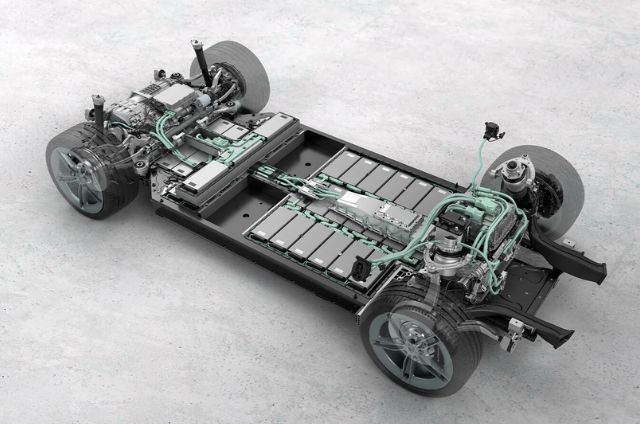Ford UK is calling for government-backed incentives to boost the adoption of EVs in response to growing industry concerns over sales targets. Lisa Brankin, Ford UK’s chair and managing director, emphasized that without demand, the government’s mandate to phase out petrol and diesel vehicles cannot be effectively implemented.
Ford’s request follows a wider backlash against the government’s EV sales targets. These targets require car manufacturers to sell a certain percentage of zero-emission vehicles, a mandate that has led to several job cuts in the industry. Ford has already announced it will cut 800 jobs in the UK, partially due to the pressures of meeting EV targets and increasing competition in the market. Stellantis, the parent company of Vauxhall, recently revealed it would close its Luton factory, resulting in 1,100 job losses, partly due to the same reason.
Brankin emphasized that while Ford has invested significantly in EV production, including over £350 million into electrification in the UK, the company requires government-backed incentives to make the transition to EVs more appealing to consumers. She noted that these incentives would be crucial to drive demand and make the EV transition viable for both consumers and manufacturers.
Government’s Response and Incentives?
Business Secretary Jonathan Reynolds expressed regret over the closure of Stellantis’s Luton plant, calling it a “dark day.” However, he reiterated that the government’s commitment to phasing out new petrol and diesel car sales by 2030 remains firm, despite the challenges. Labour’s shadow business secretary Andrew Griffith criticized the 2030 target, calling it a “jobs killer” and linking it directly to the factory closures and job losses.
The UK government mandates that a set percentage of car and van sales must be zero-emission by 2025, and manufacturers must pay a £15,000 fine for every vehicle sold outside of these requirements. As the 2030 target approaches, the pressure on car manufacturers to meet these mandates continues to rise, creating uncertainty in the industry.
As the shift toward EVs accelerates, both the UK government and car manufacturers will need to navigate the growing tensions between industry sustainability and employment concerns. While Ford and Stellantis push for more supportive policies, the government wants to meet its climate change commitments, leading to a critical balancing act for all parties involved.



